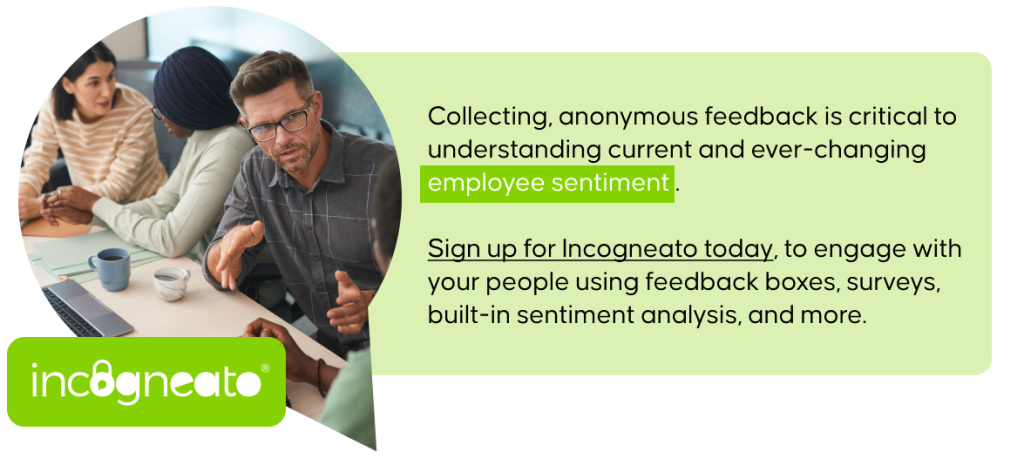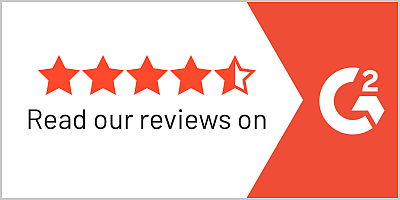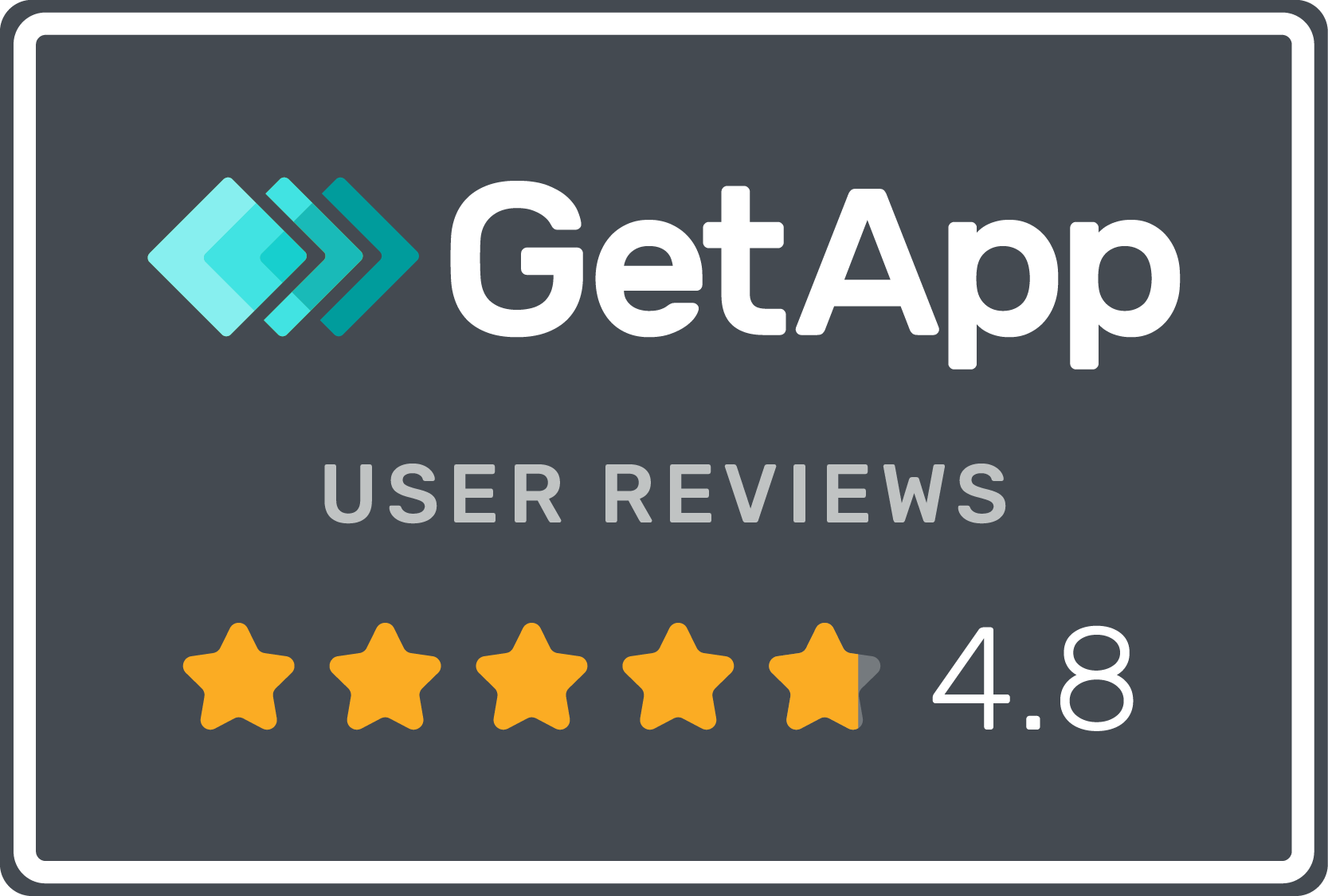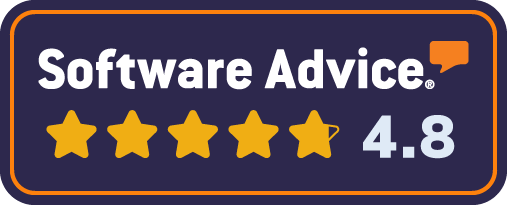10 Ways AI is Already Enhancing Employee Engagement
Posted November 7th, 2024
Artificial Intelligence (AI) is increasingly being utilized in various aspects of human resources (HR), transforming how companies manage their workforce and HR processes. Collecting, anonymous feedback is critical to understanding current and ever-changing employee sentiment and remaining engaged with your most important resource. AI can enhance employee engagement.
Here are some specific applications of AI in the HR space.
1. Recruitment and Talent Acquisition
AI streamlines the recruitment process by automating tasks like resume screening and initial candidate assessments. Tools like applicant tracking systems (ATS) use AI to parse and analyze resumes, helping recruiters identify the most suitable candidates quickly. AI can also assist in writing job descriptions, ensuring they are free from biased language and appealing to a diverse applicant pool.
- Automated Resume Screening: Tools like ATS swiftly identify top candidates, saving precious time.
- Bias-Free Job Descriptions: AI helps write inclusive job ads, attracting a diverse talent pool.
- Real-world Example: Mention a popular ATS and its impacts on recruitment efficiency.
2. Candidate Experience and Engagement
Chatbots and AI-driven platforms enhance candidate experience by providing instant responses to queries and guiding applicants through the recruitment process. This improves engagement and keeps candidates informed.
- 24/7 Chatbots: Chatbots provide instant responses, keeping candidates engaged.
- AI-Driven Platforms: Guide applicants through recruitment, optimizing their experience.

3. Employee Onboarding
AI systems can automate and personalize the onboarding process for new hires. This includes scheduling orientation sessions, providing necessary training materials, and answering common queries, thereby making the onboarding process more efficient and tailored to individual needs.
- Automated Scheduling: AI organizes orientation sessions efficiently.
- Tailored Training: New hires receive personalized materials and answers to queries.
4. Performance Management
AI tools analyze employee performance data to provide insights into their strengths and areas for improvement. These tools can also help in setting personalized goals, tracking progress, and offering feedback, leading to a more objective and data-driven performance evaluation process.
- Data Analysis: AI offers objective insights into employee performance.
- Personalized Goals: Employees receive custom targets and feedback for better development.
5. Learning and Development
AI-driven learning management systems (LMS) offer personalized learning experiences to employees. They can recommend courses and training programs based on an individual’s role, skills, and career aspirations. AI can also track learning progress and adapt training materials to suit different learning styles.
- Customized Learning Plans: AI recommends courses aligned with career goals.
- Adaptive Training: Materials adjust to fit various learning styles.

6. Employee Engagement and Sentiment Analysis
AI tools can analyze employee feedback, surveys, and communication patterns to gauge overall employee sentiment and engagement levels. This helps HR teams identify areas of concern and address them proactively. AI can enhance employee engagement.
- Feedback Analysis: Identifies employee sentiment signals and areas for improvement.
- Proactive HR Actions: Insights enable quick response to enhance engagement.

7. Workforce Analytics and Planning
AI provides valuable insights into workforce trends, helping in strategic planning and decision-making. It can predict staffing needs, identify skills gaps, and assist in workforce optimization.
- Trend Insights: AI predicts staffing needs and identifies skill shortages.
- Strategic Decisions: Data aids in optimizing workforce allocation.
8. HR Chatbots and Virtual Assistants
These AI-driven tools can handle routine HR queries, provide instant responses to employee questions, and assist in administrative tasks like leave requests and policy inquiries, freeing up HR professionals to focus on more strategic tasks.
- Routine Task Management: AI handles queries and basic administrative functions, streamlining HR operations.
9. Diversity and Inclusion
AI can help in promoting diversity and inclusion by identifying biases in HR processes and suggesting corrective measures. It can ensure that recruitment, promotion, and compensation processes are fair and unbiased.
- Bias Identification: AI detects and corrects biases in HR processes to promote workplace equality.
10. Employee Wellness and Health Monitoring
Some AI applications are designed to monitor employee wellness and provide insights into health trends within the organization. This can include stress level monitoring, suggesting wellness activities, and promoting a healthy work-life balance.
- Wellness Tracking: AI applications monitor stress levels and suggest wellness activities.
- Health Trends: Provides valuable insights for promoting a healthy work environment.

AI in HR is about leveraging technology to make HR processes more efficient, data-driven, and employee-centric. AI can enhance employee engagement. It helps in automating routine tasks, providing personalized experiences, and offering actionable insights, thereby enhancing the overall effectiveness of HR functions and those professionals managing them.



